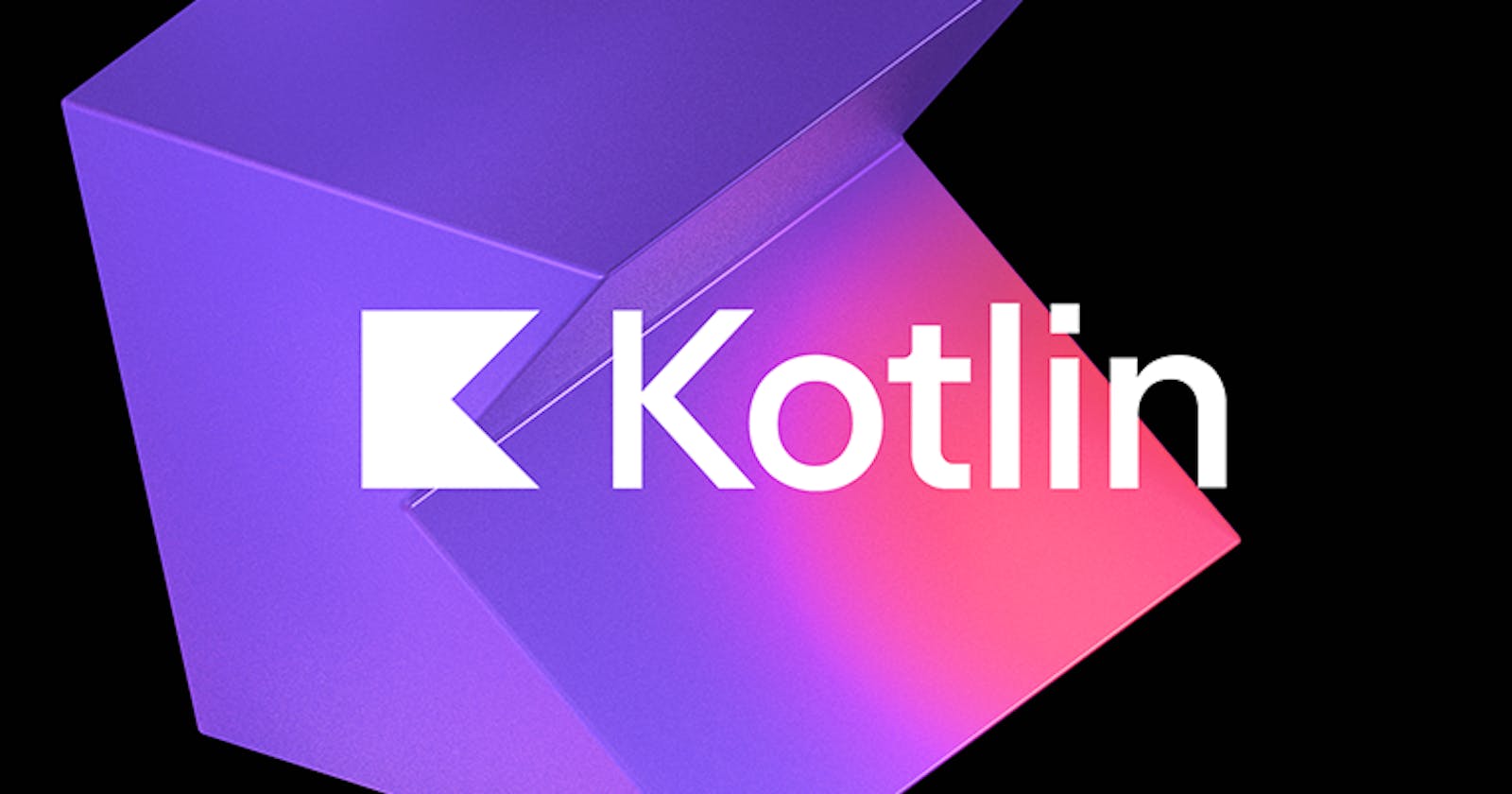Introduction:
In the world of mobile app development, staying ahead of the curve is crucial. As technology continues to evolve, developers are constantly seeking new tools and languages to create robust, efficient, and user-friendly applications. One language that has been steadily gaining popularity is Kotlin. Developed by JetBrains, Kotlin has emerged as a rising star for Android app development. With its powerful features, seamless integration, and improved syntax, Kotlin is revolutionizing the way developers build Android apps. In this blog post, we will explore why Kotlin has become the go-to language for Android app development and why it deserves its status as a rising star in the industry.
1. Smooth Integration with Existing Java Code:
One of the main reasons behind Kotlin's rapid adoption is its seamless integration with existing Java codebases. As Kotlin is fully interoperable with Java, developers can effortlessly migrate their projects from Java to Kotlin. This feature allows developers to leverage their existing Java code and libraries, making the transition to Kotlin a smooth and incremental process. With Kotlin's Java compatibility, developers can adopt the language without the need for a complete code rewrite, thereby saving time and effort.
2. Concise and Readable Syntax:
Kotlin's syntax is designed to be more concise, expressive, and readable than Java. The language eliminates much of the boilerplate code found in Java, resulting in cleaner and more maintainable codebases. Features like type inference, nullable types, data classes, lambda expressions, and extension functions reduce verbosity and enhance code clarity. This concise syntax not only speeds up development but also makes code easier to understand and maintain, contributing to improved productivity and reduced chances of bugs.
3. Null Safety:
Null pointer exceptions (NPEs) have long been a common issue in Java development. Kotlin addresses this problem with its built-in null safety features. Kotlin's type system distinguishes between nullable and non-nullable types, eliminating a major source of NPEs. The compiler enforces null safety by performing static nullability checks, significantly reducing the number of runtime crashes caused by null references. By enforcing null safety at compile-time, Kotlin provides developers with a safer and more reliable environment for building Android apps.
4. Enhanced Productivity:
Kotlin's modern features and developer-friendly syntax contribute to increased productivity. The language provides powerful abstractions, such as extension functions and coroutines, which simplify complex tasks and enable more concise code. Kotlin's smart casts and properties also reduce boilerplate code and make code more expressive. Furthermore, Kotlin's excellent tooling support, including features like code completion, refactoring, and debugging, further enhances productivity by streamlining the development process.
5. Strong Community Support:
The success of a programming language depends not only on its features but also on its community. Kotlin boasts a strong and rapidly growing community of developers who actively contribute to its ecosystem. This active community support is reflected in the availability of numerous libraries, frameworks, and tools built specifically for Kotlin. From dependency injection frameworks like Koin and Kodein to testing libraries like Spek and MockK, Kotlin offers a rich ecosystem that enables developers to build high-quality Android apps efficiently.
Conclusion:
Kotlin has emerged as a true rising star in the realm of Android app development. With its seamless integration with Java, concise syntax, null safety, enhanced productivity, and strong community support, Kotlin offers a compelling alternative to Java for Android development. As more and more developers embrace Kotlin, its ecosystem continues to expand, making it even more appealing for building robust and feature-rich Android applications. If you're an Android developer looking to stay ahead of the curve, it's time to consider Kotlin as your go-to language for Android app development.
